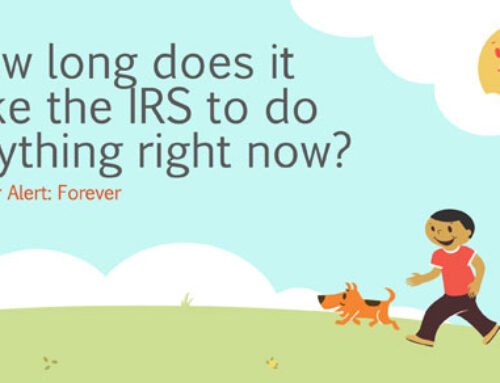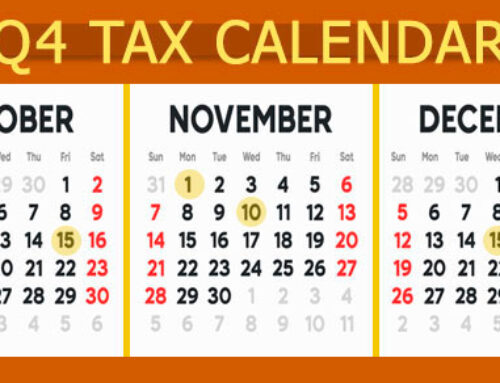Now that 2020 is in full swing, it’s time to think about taxes. Wondering when various forms and returns are due for the 2019 tax year? You’ve come to the place. Below, we’ve created a handy chart that outlines critical tax deadlines for both individuals and businesses. If you familiarize yourself with the deadlines that apply to you early on, you’ll find tax season to be far less stressful.
| Form | 2020 Filing Deadline |
| Form W-2 & certain 1099-Misc | January 31st |
| Form 1065 – Partnerships | March 16th |
| Form 1120-S – S Corporations | March 16th |
| Form 1040 – Individuals | April 15th |
| FinCEN 114 – FBAR (will be allowed to extend) | April 15th |
| Form 1041 – Trusts and Estates | April 15th |
| Form 1120 – C Corporations | April 15th |
| Form 990 series – Tax Exempt Organizations | May 15th |
| Form 5500 series – Employee Benefit Plan | July 31st |
| Form 1065 Extended Return | September 15th |
| Form 1120-S Extended Return | September 15th |
| Form 1041 Extended Return | September 30th |
| Form 1120 Extended Return | October 15th |
| Form 1040 Extended Return | October 15th |
| FinCEN 114 (Extended with Form 1040) | October 15th |
| Form 5500 series – Employee Benefit Plan Extended Return | October 15th |
| Form 990 series – Tax Exempt Organization Extended Return | November 16th |
Due Dates for Estimated Tax Payments
Do you own a business, work for yourself, or earn money in a side hustle? If so, you may be on the hook for estimated tax payments every quarter. Essentially, if you don’t have taxes taken out of your paycheck, you’re responsible for these tax payments four times a year. Here’s an overview of when they’re due.
| Estimated Tax Payments | Estimated Due Date |
| 1st Quarter | April 15th |
| 2nd Quarter | June 15th |
| 3rd Quarter | September 15th |
| 4th Quarter | January 15th of 2021 |
What Happens If You Miss a Deadline
If you miss a deadline, you may be hit with a failure-to-pay penalty. This penalty may cost you up to 25% of your unpaid tax. The IRS will charge you a minimum of $210 or 100% of the tax you owe (whichever is less) if your return is more than 60 days past its due date.
The good news, however, is that the IRS will accept your tax return and money even if you submit it late. In the event life happens and you haven’t taken care of your taxes on time, visit IRS Direct Pay and have any payments you owe withdrawn from your account. This way the IRS won’t have to wait until your money comes via snail mail and can receive it as soon as possible.
Why File Early
While it may be tempting to procrastinate on your taxes, there are a number of benefits to filing early. If the IRS owes you a refund, you can receive your money faster by filing electronically before the deadline. You may have to wait much longer if you send in a paper return the day it’s due. In addition, you can significantly reduce your risk of being a victim of tax return identity theft and give yourself extra time to gather your financial information and figure out your deductions.
Need assistance with your 2019 taxes? Or, want to ensure you don’t miss a deadline? Contact us today!




